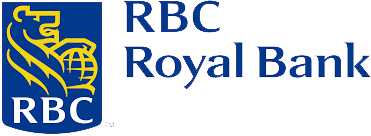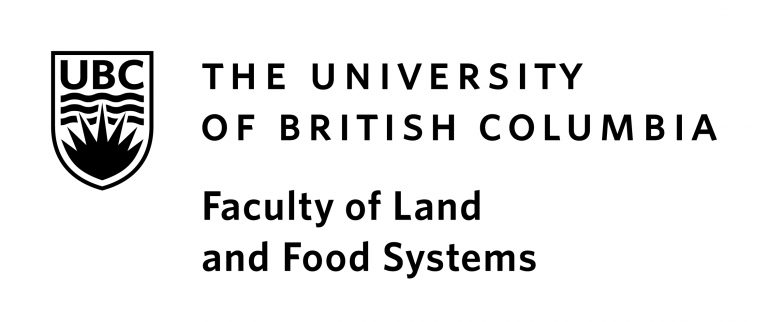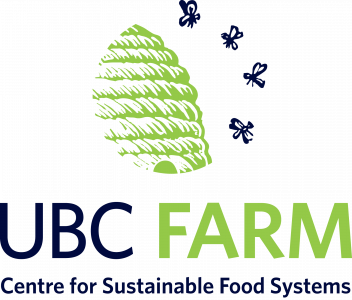Food at the Tipping Point: Ways Forward from a Food System in Crisis
Climate Resilient Farming: Bok Choy and Rice
Learn about Wendel’s research on rice growing techniques
Learn about Amanda’s research on shading bok choy
Climate Resilient Farming: Bok Choy and Rice
Droughts, wildfires, floods and heatwaves are happening more often and with greater force every year. Farmers are suffering great losses worldwide. It has become clear that innovation and new practices are needed in order to adapt to these changing normals. As part of the Sustainable Agriculture program, undergraduate students at Kwantlen Polytechnic University (KPU) learn how to be part of the solution and complete their own research project that addresses the challenges facing our food system today.
Wendel and Amanda are two students in the program that wanted to find more sustainable ways to grow food under two arising environmental conditions: water instability and warmer summers.
Rice is often grown in paddies that are flooded with water in order to suppress weeds and competition. However, with droughts becoming more severe over the last few years, water usage in agriculture has become an area of significant concern. For her research, Wendel decided to grow rice in dry fields to see if we can reduce our water usage in this globally important crop.
Producing seeds is a natural part of a plant’s life cycle. However, sometimes a vegetable crop produces flowers and goes to seed earlier than we’d like it to. This is called “bolting”, an irreversible process that changes the flavour of the leaves that we harvest for food, such as lettuce, spinach, and bok choy, and makes the produce unsellable. As a result of climate change, we are seeing higher summer temperatures that stresses plants and causes them to bolt early on in the season. In her research, Amanda tested different methods of shading to see if it would help reduce the rate of bolting in bok choy crops.
Check out our two short videos detailing Wendel and Amanda’s research.
Find more information on the student research projects and results here.
View all 10 events in the series here!
The Food at the Tipping Point: Ways Forward from a Food System in Crisis series is brought to you by the Centre for Sustainable Food Systems (CSFS), the BC Food Web, the Faculty of Land and Food Systems (LFS), and the Royal Bank of Canada. This 10-part speaker series addresses the urgent need for widespread, dramatic change and provides us inspiration and real solutions.



